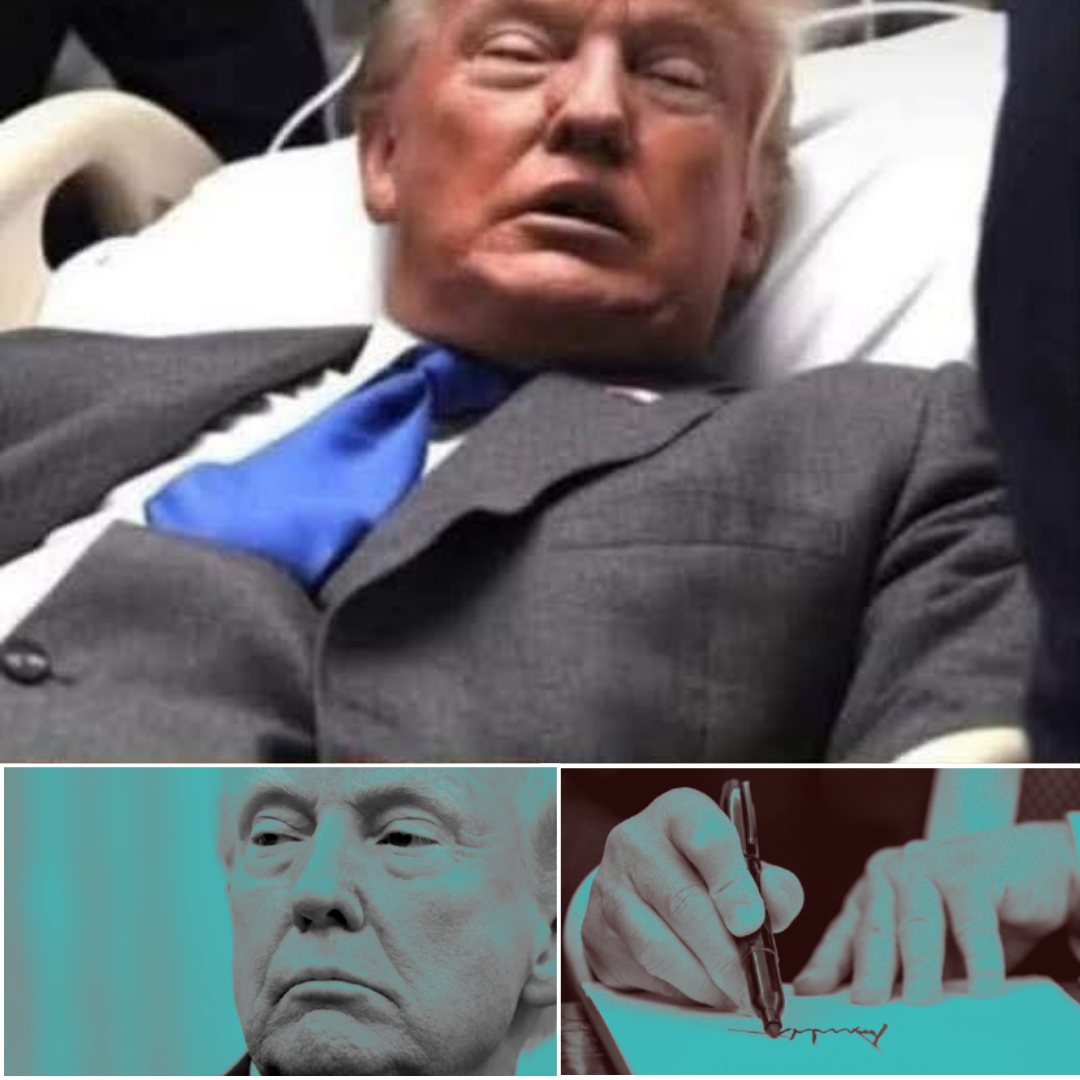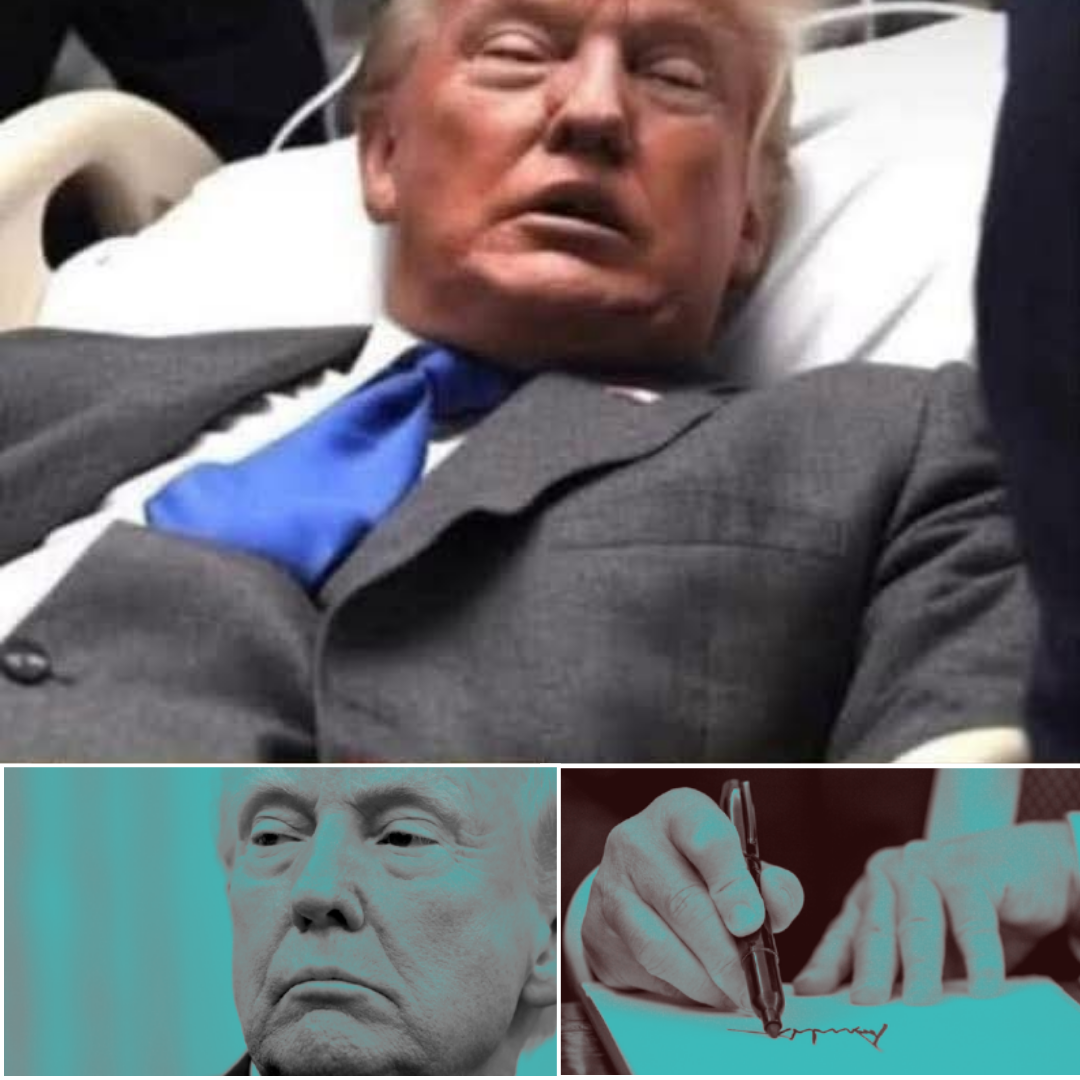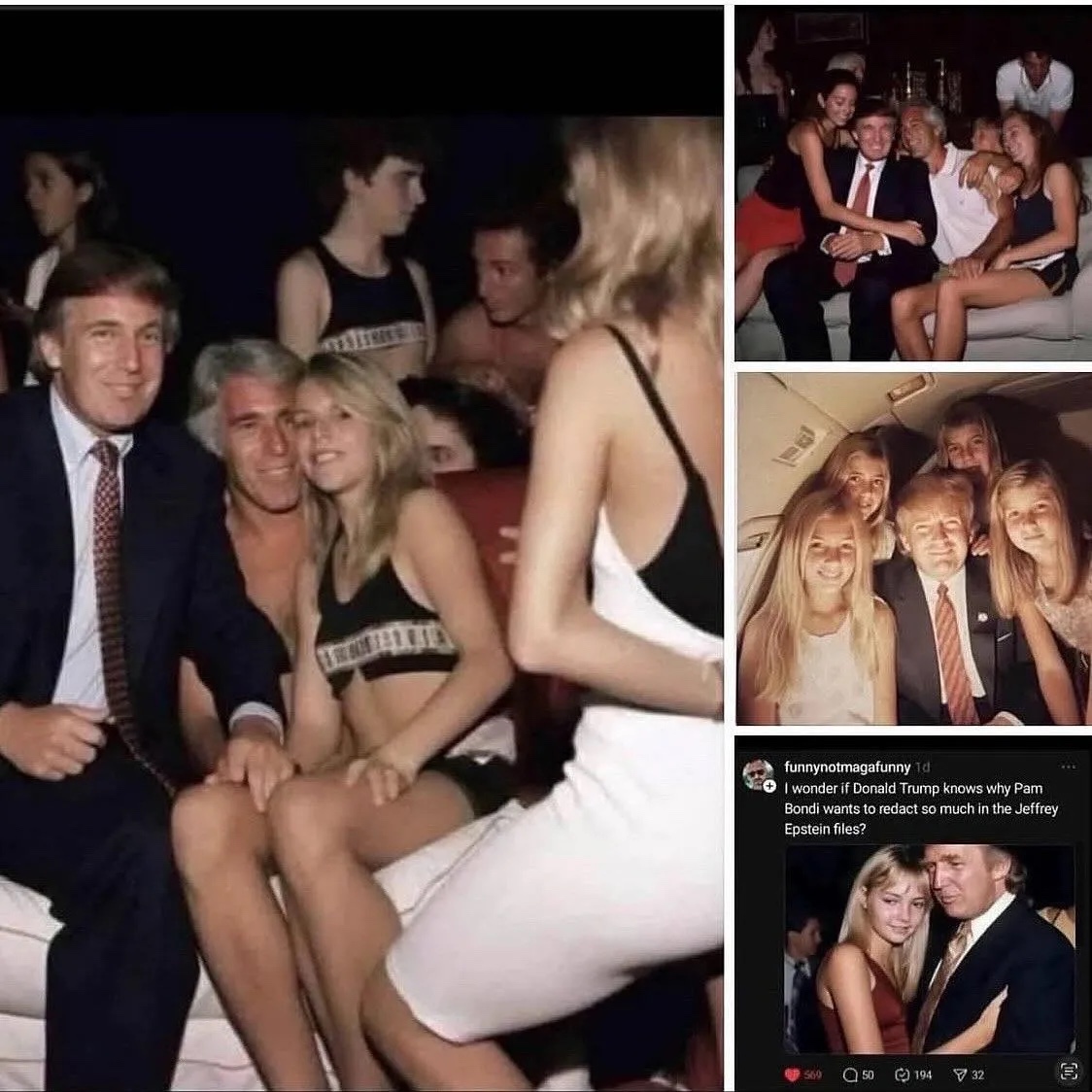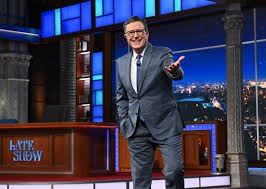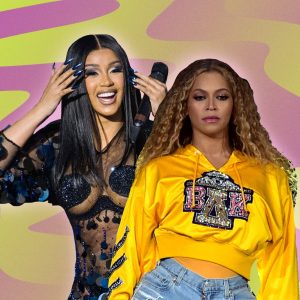Trump’s Scandals Resurface as “Chicago Invasion” Talk Sparks Outrage
Washington, D.C. – Former U.S. President Donald Trump is once again at the center of controversy, as critics accuse him of using inflammatory rhetoric about “invading Chicago” to distract from his long trail of sexual misconduct allegations and ongoing legal battles.
Over the past decade, Trump has faced accusations from more than two dozen women, ranging from harassment to sexual assault. The most high-profile case involved writer E. Jean Carroll, who won a civil lawsuit after a jury found Trump liable for sexual assault and defamation. Trump has denied all allegations, often lashing out at accusers and framing them as politically motivated.
His legal troubles extend beyond sexual misconduct. Trump is currently embroiled in multiple criminal cases, including charges related to hush money payments to adult film actress Stormy Daniels, allegedly made to cover up an extramarital affair during the 2016 election campaign. Prosecutors argue that Trump falsified business records to conceal the payment, while his legal team continues to maintain his innocence.
Against this backdrop, Trump’s latest comments about “taking over” or “invading” Chicago have drawn sharp criticism. The city, long a political stronghold for Democrats, has often been used by Trump as a symbol of urban crime and disorder. Critics argue that his rhetoric is not only provocative but also calculated — a deliberate attempt to redirect public attention from his mounting scandals.
Political analysts suggest the strategy follows a familiar playbook: create a media firestorm, dominate headlines, and overshadow damaging personal controversies. By framing himself as a strongman willing to “restore law and order” in crime-plagued cities, Trump appeals to his conservative base while reframing the conversation away from his personal conduct.
Opponents, however, see through the maneuver. “Every time his scandals gain traction, he pivots to extreme rhetoric — whether it’s about immigrants, political enemies, or entire cities,” said one Democratic strategist. “It’s a distraction tactic, plain and simple.”
Still, Trump’s loyal supporters view his comments differently. To them, his willingness to target cities like Chicago is proof of his determination to confront crime, corruption, and what they see as the failures of Democratic leadership.
As the 2024 campaign season intensifies, Trump’s balancing act — deflecting scandals while stoking political battles — will likely remain a defining feature of his strategy. The question remains: will voters be more concerned with his controversial past, or with his promises of order and strength?
President Donald Trump’s recent executive order, ostensibly aimed at combating anti-Semitism, has raised serious concerns about its implications on human rights, particularly its effects on international students and individuals advocating for the Palestinian cause.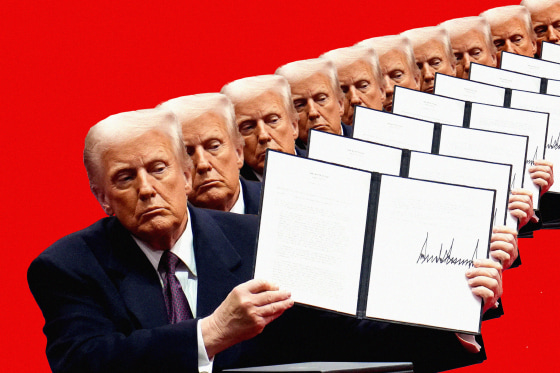
This order mandates the deportation of international students who engage in demonstrations perceived as anti-Israel, a move that starkly contravenes the principles of free speech and the right to protest.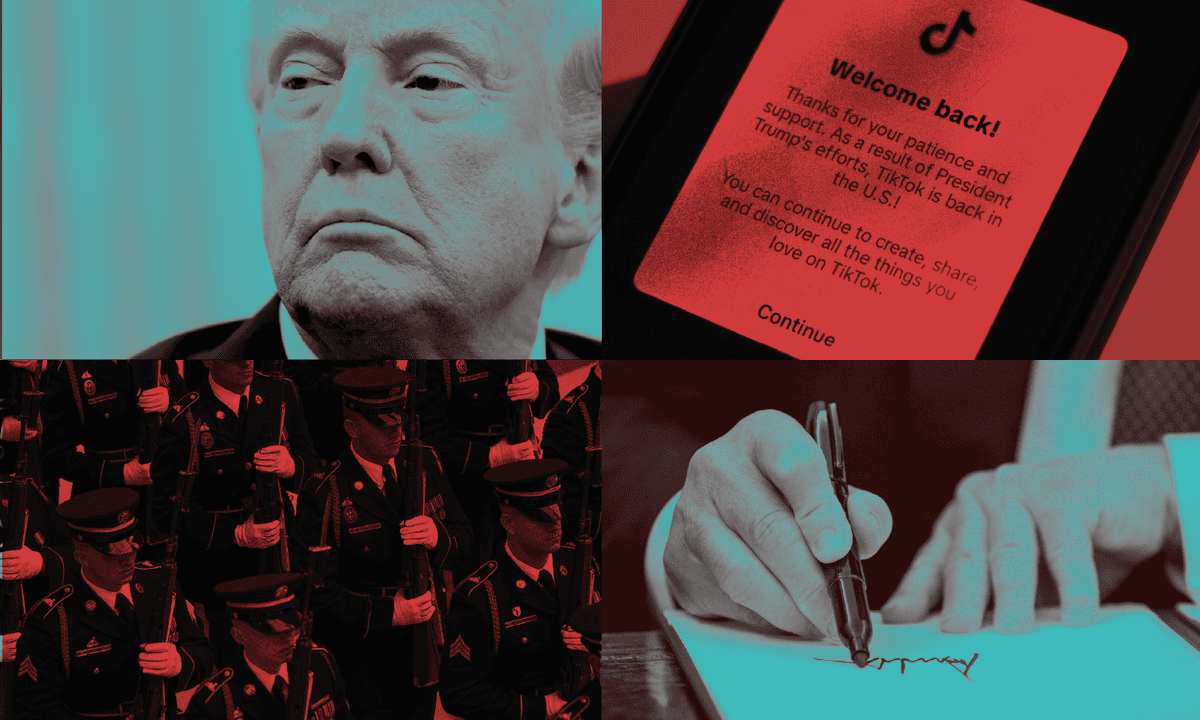
The executive order aligns with a broader agenda that seems more focused on silencing dissent against Israel rather than genuinely tackling anti-Semitism.
By equating pro-Palestinian activism, the administration leverages immigration laws in a way that many view as a direct attack on free speech. The policy to potentially revoke visas and deport non-citizen
students who participate in such protests not only disrupts the educational paths of these individuals but also instills a climate of fear and suppression on campuses across the United States.
Critics argue that this approach undermines the democratic values of free expression and peaceful assembly, cornerstones of American society. By stifling voices that dare to criticize Israel, the order could further polarize opinions and hinder any genuine dialogue about the Israeli-Palestinian conflict.
This heavy-handed tactic may also tarnish America’s image as a bastion of free speech, raising alarms among human rights advocates globally.
The use of immigration law to suppress political dissent reflects a troubling trend of using national security as a pretext to curtail civil liberties. Such actions not only jeopardize the rights of international students but also pose a broader threat to the principles of academic freedom and open debate.
The executive order’s conflation of anti-Israel sentiment with anti-Semitism is seen by many as an attempt to police thought and speech, undermining efforts to address the real and pressing issue of anti-Semitism through meaningful and constructive ways.
This policy does not just affect those who protest; it sends a chilling message to all students and scholars who might wish to express dissenting views on contentious issues. The backlash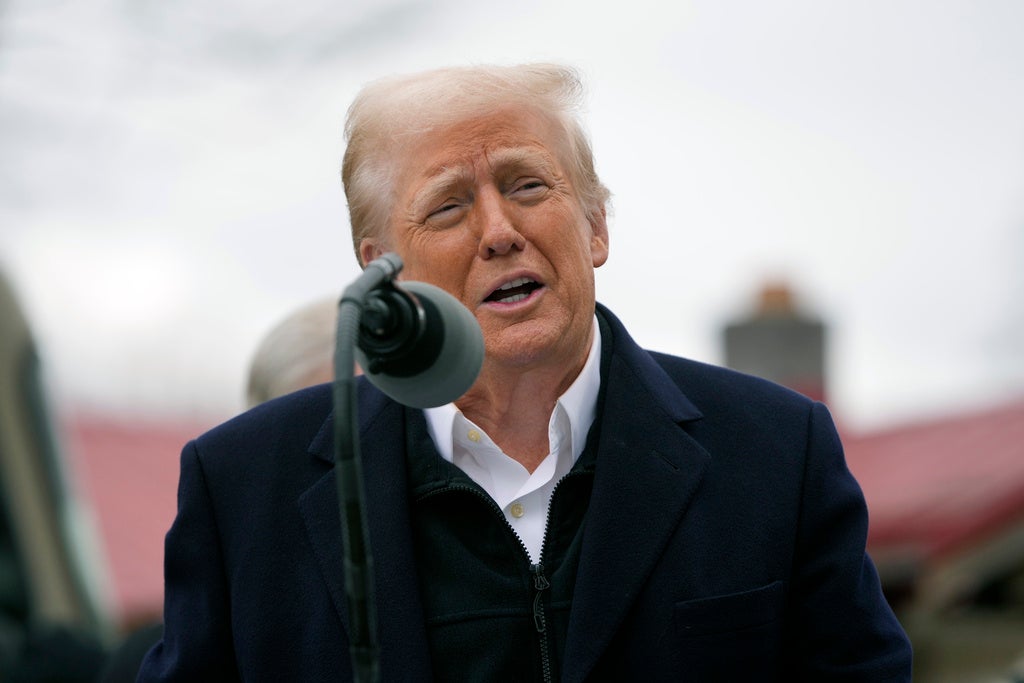
against this order highlights the need for policies that protect the rights of all individuals to express their views without fear of reprisal, supporting a truly open and inclusive society.
